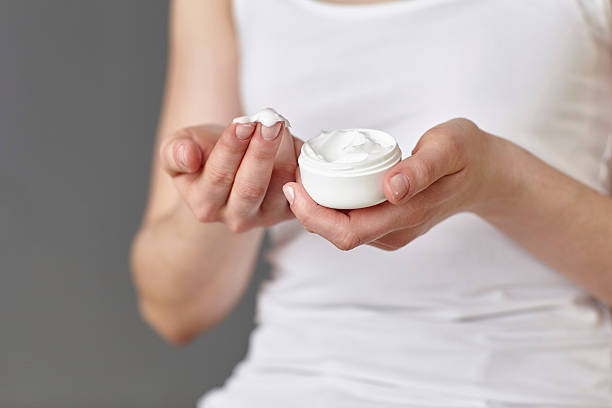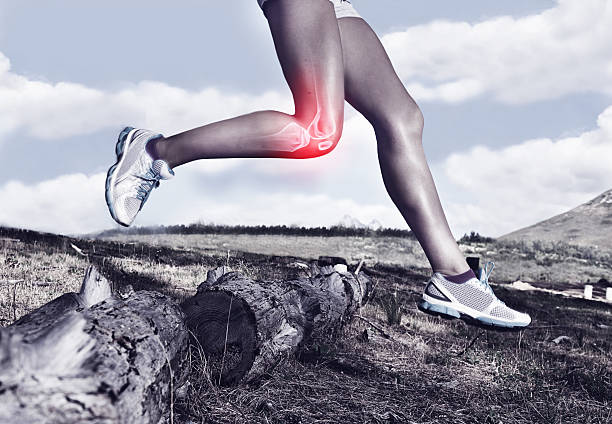In the previous blogs, we elaborated on the kapha dosha and pitta dosha prakrati. In this blog, let us explore the vata dosha prakriti, the breezy people!
Reference: The blog is based on Charak Viman Sthana (8-98), a sutra that defines tridosha based prakrati and their features.
Read our popular article " What is Ayurveda Body Types or Prakrati : Know Thyself"
Vata Dosha Dominant Prakrati

A vata dominant prakrati person exhibits the primary characteristics of vata dosha in his body. (link to the characteristics of vata).
Primary vata dosha characteristics
- Dryness,
- Coolness,
- Lightness,
- Subtlety,
- Mobility (Constant Change),
- Clarity (Opposite Of Viscosity),
- Roughness.
There are countless expressions of these features in our metabolism. Let’s consider the example of dryness as it is the primary quality of vata dosha.
As the impact of fire is predominantly visible on inflammable objects, the vata effect is predominantly visible on the primary sites of vata dosha.
Vata Skin

Dryness is a dominant vata quality. And the skin is a primary site of vata.
Therefore a person who has vata dominant prakrati tends to have an extremely dry skin, as the overall metabolism tilts in that direction. In a balanced state, a vata skin may be as good as any other prakrati.
But any excess of vata dosha in the system will express itself in the form of skin dryness. Since dosha is all about things that go wrong in the system, a dominant vata dosha makes the skin vulnerable to early aging, flakiness, dark spots, wrinkles, etc.
Vata Hair
Due to dryness prone skin, vata people incidentally have a dryish scalp. The hair roots also receive the same quality of nourishment. And therefore, vata people have hair prone to dryness, frizzy ness, thinness, and early hair fall, and dandruff.
Vata Weight

Dryness is the opposite quality for oiliness. Therefore, there is a low tendency to fat retention in naturally dryish vata people. With their random rate of metabolism, vata dominant people can quickly lose or gain weight. And that’s why most of the vata prakrati people, even with normal healthy food habits are thin and lean. They may find it difficult to gain weight even if they try to :).
Other vata qualities like lightness, subtlety etc. also contributes to low weight in vata people.
Vata Height

Dryness is also an opposing quality to nourishment. Therefore, vata dominant people may be short in stature. They quickly reach their optimal height at an early age and stop growing after that. In this case, vata dosha dries up the growth sites at the end of the long bones and thus the growth stops early.
However, vata people may also be abnormally tall and thin. In this case, vata dosha might cause hyperactivity at the growth points in the long bones and promote abnormal height. These opposing outcomes also highlight the random nature of vata dosha.
Vata Digestion

Digestion of vata dominant prakrati people is also random. Some days they may have great digestion; whereas, their digestion may be weak and unstable on other days.
Vata prakrati people have the most delicate digestive system.
Their digestive system is like a fire burning amongst the possibility of random strong winds. It can be put off anytime. Therefore a vata prakrati people must protect their digestive system carefully.
Vata Sleep

Dryness, lightness, mobility (hyperactivity) etc. are also responsible for a lesser amount of sleep in vata people as compared to other prakrati. Kapha dosha or the nourishing biophysical force in the body is primarily responsible for sleep. But vata dominance subdues the effect of kapha dosha. That’s why vata prakrati people normally have a little amount of dreamy and superficial sleep.
They may be more susceptible to insomnia and related sleep disorders as compared to other prakrati people.
Vata Metabolic Pattern
Apart from dryness, Chalatva or constant change (motion) is one of the prime fractures of vata prakrati. It is obvious in their physique, mind, and conduct. For example, a vata dominant person may have asymmetrical body parts or inconsistent growth patterns. They have an irregular and relatively unpredictable metabolism, compared to other body types. In short, they are as unpredictable as the wind!
Vata Mind

Vata dominant mind is prone to hyperactivity. They may have a fickle mind with low concentration. However, vata dominant prakrati is known for its creativity and out of box thinking, thanks to their super flexible thought process.
Vata prakrati people are highly vulnerable to fear. They are most susceptible to mental disorders like phobia, mania, depression, anxiety, etc. Their conduct also shows signs of vata dominance.
Vata Conduct

Vata people may be indecisive in general. They might make and change their decisions quickly, and sometimes this mental flexibility can be very helpful.
Vata people are bubbly and full of enthusiasm. They quickly get excited about things. However, they might also lose their interest quickly and leave the work midway. Lack of persistence may be a problem with vata people.
Vata Dosha Disease Susceptibility
Dosha are the primary disease-causing factors. Therefore, let’s discuss the types of diseases that a vata person is most susceptible to.

Vata dosha triggers disorders in its primary sites –
- Large intestine – constipation, bloating, farting, IBS, etc.
- Pelvic girdle – sciatica, pelvic floor dysfunction, pelvic organ prolapse
- Joints – arthritis, knee pain, etc.
- Ear – earache, tinnitus
- Bones – osteoporosis (thinning of bones),
- Sense of touch (peripheral nervous system) – hypersensitivity, all kinds of pain
- Mind – mental hyperactivity, phobia, dementia, epilepsy

All these features are just a small glimpse of the vata prakrati. There can be countless factors that exhibit dosha dominance or regression in a body. For example – squeakiness in the voice comes from rough, dry vata. Also, the expression of these factors depends on age, dietary and lifestyle habits, mental state, environmental conditions, etc.
Therefore, there is no rule that a vata person must have a dry skin, frizzy hair, or bad digestion. A careless pitta or kapha prakrati person may exhibit drier skin than a careful vata person!
And with the right diet, lifestyle, and a peaceful mind, a vata person can have perfect skin, beautiful hair, and a great digestive system.
Knowing one’s body type is imperative for health preservation. Our prakrati marks the sphere of health (swasthyavritta) for all of us. Outside this sphere is imbalance and diseases. But if we balance ourselves inside this sphere, we might never fall sick!


2 comments
[…] the previous blog, we discussed the general characteristics of a vata prakriti. Now, let us explore the Pitta prakrati or pitta characteristics and the function of pitta dosha […]
[…] So, now we know that there are three primary types of prakrati or body types – vata, pitta, and kapha body type. In this blog, let us explore the kapha prakrati, the stable […]
Comments are closed.